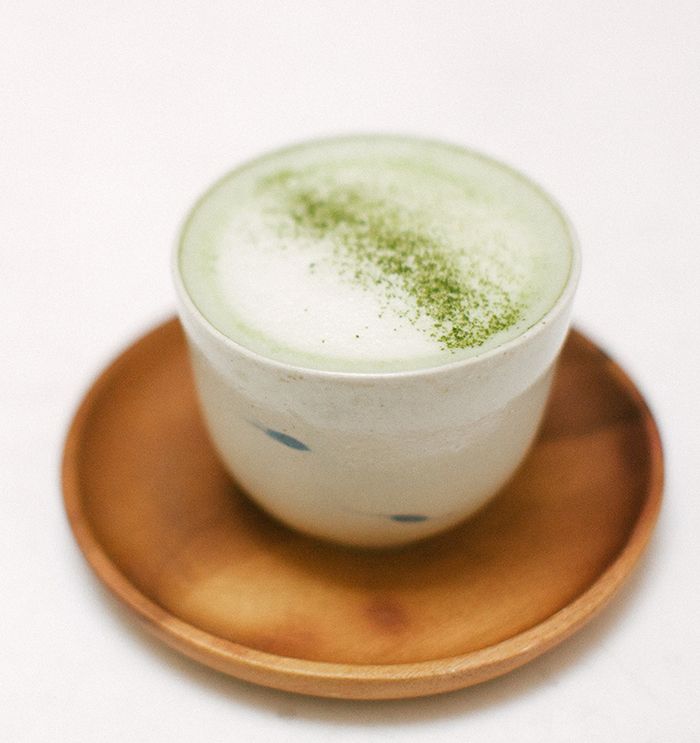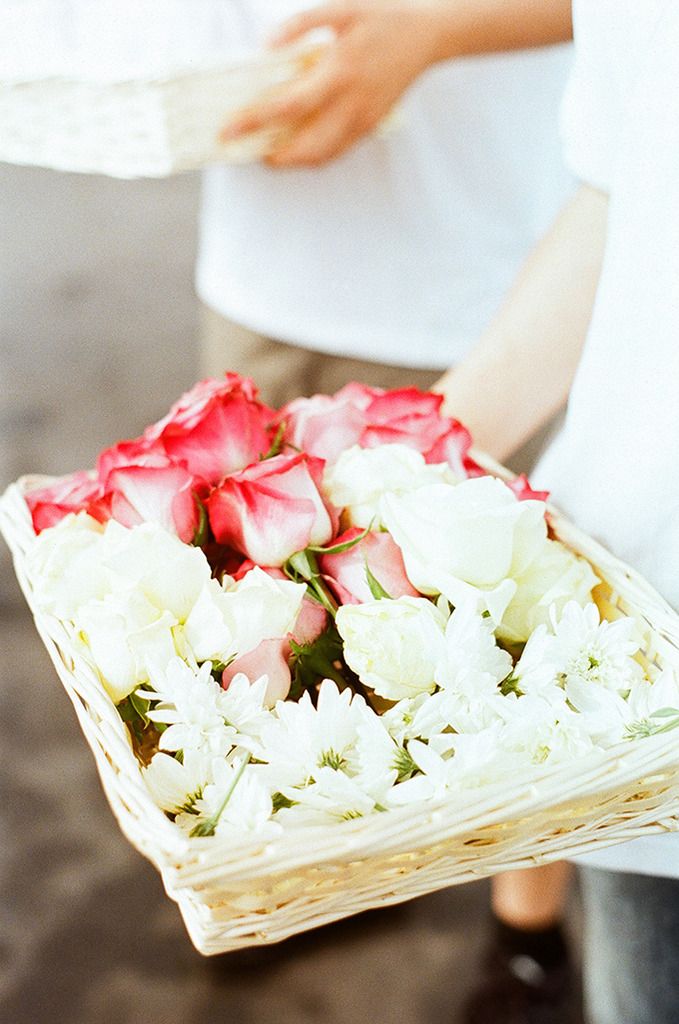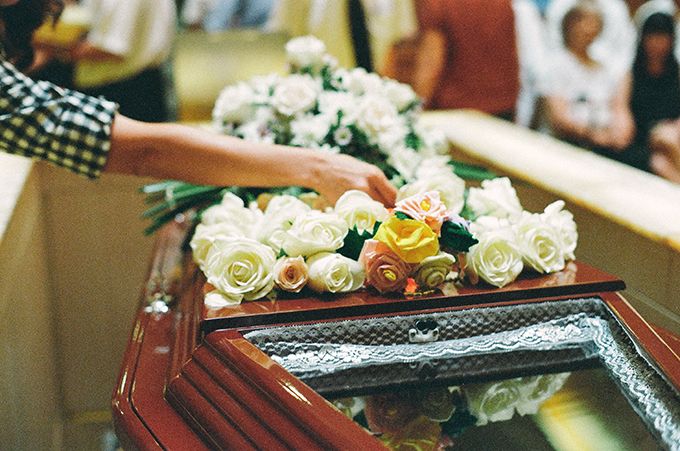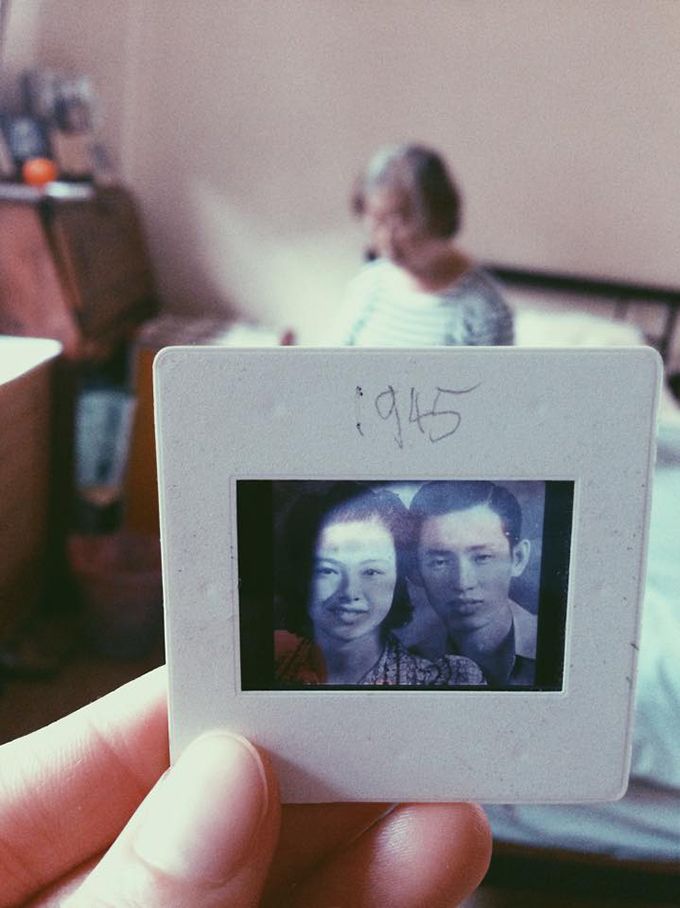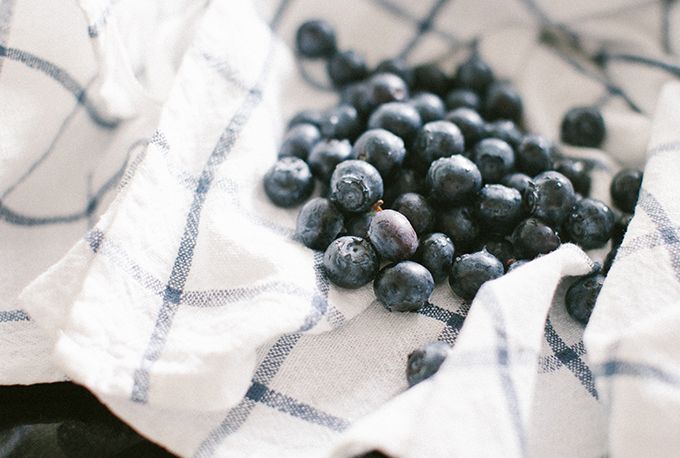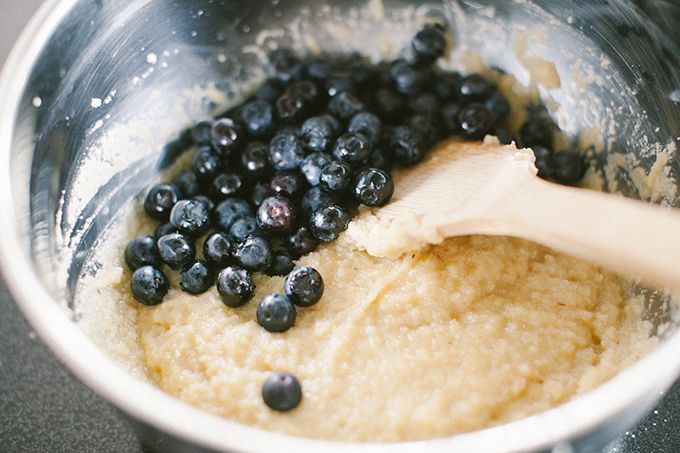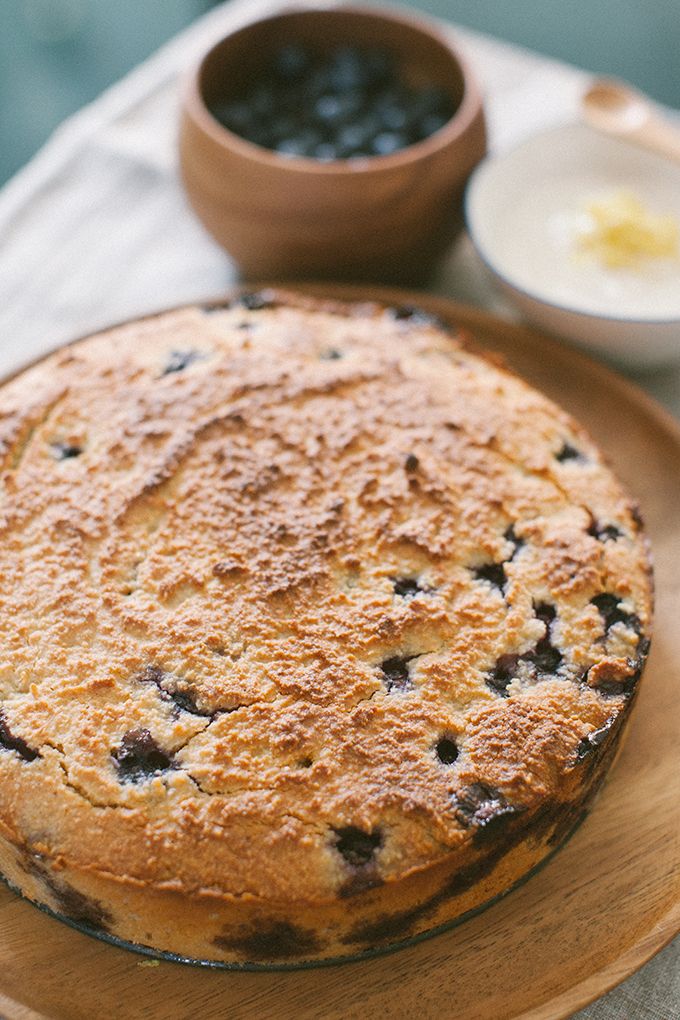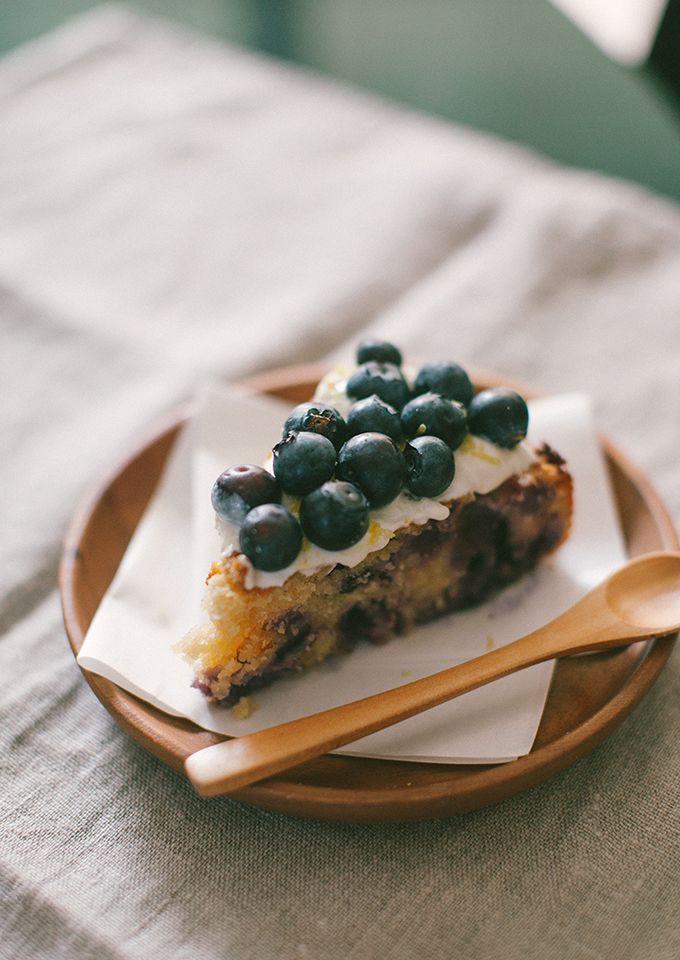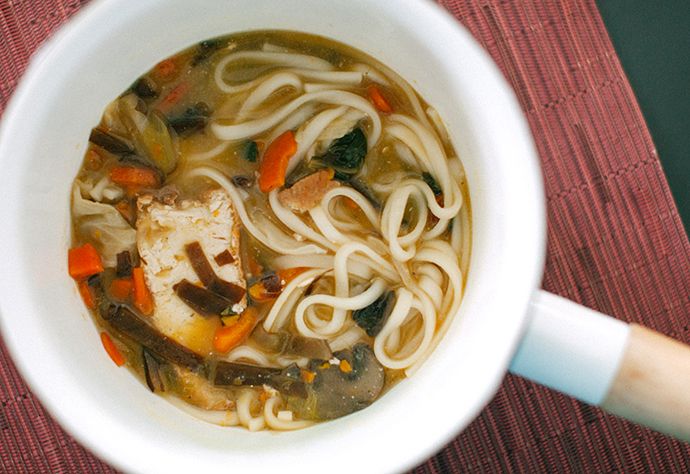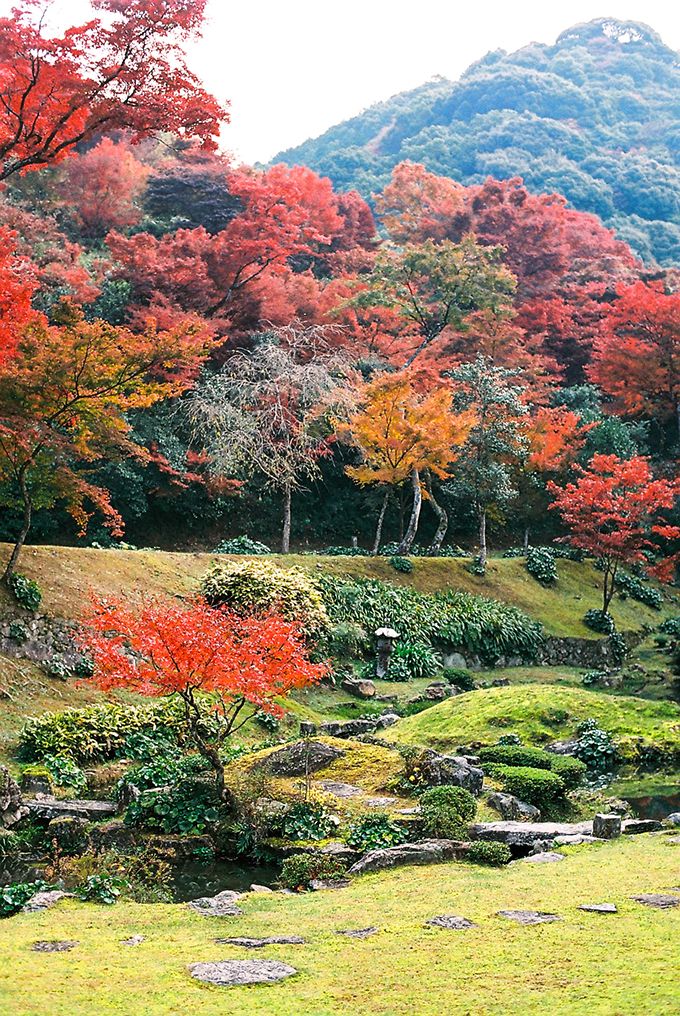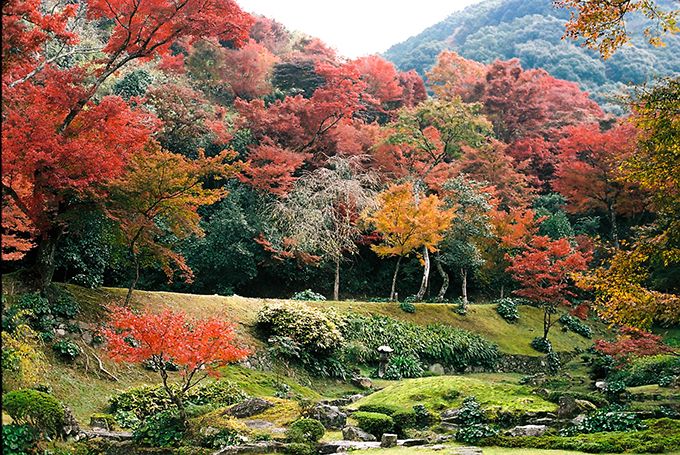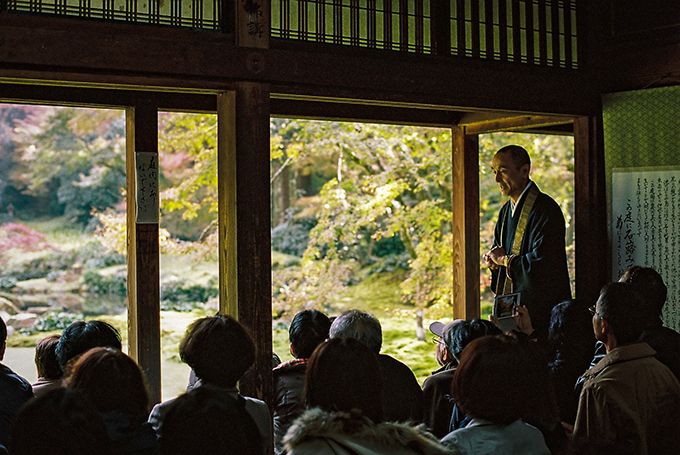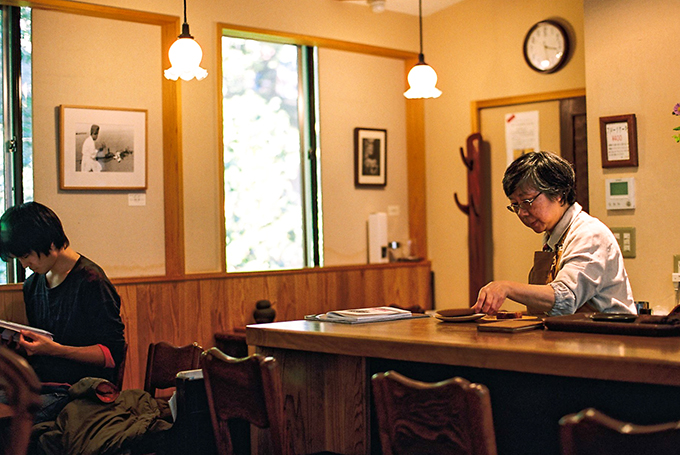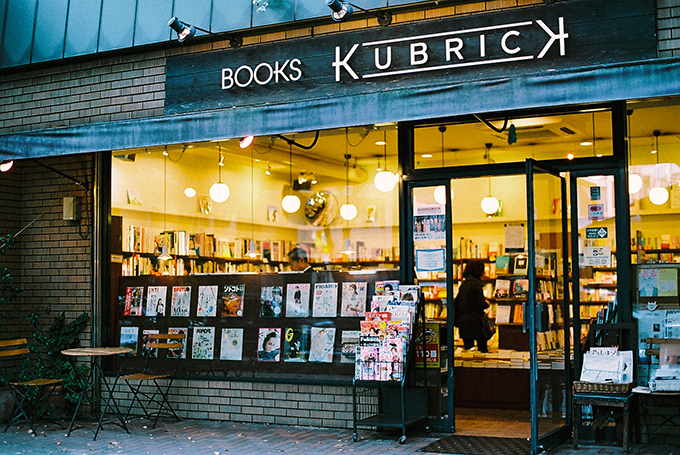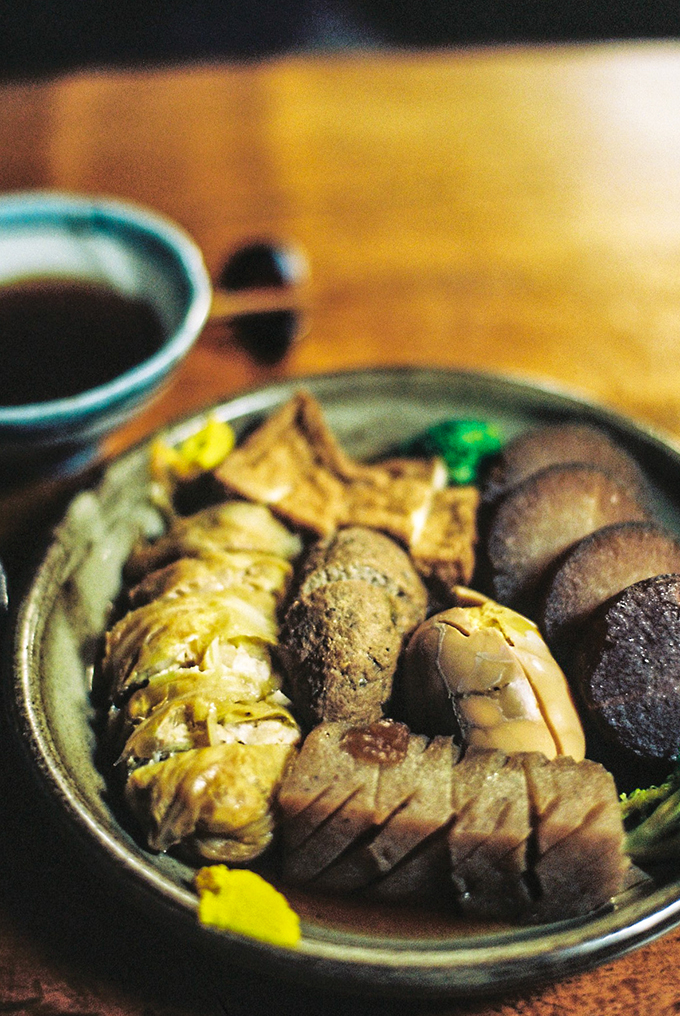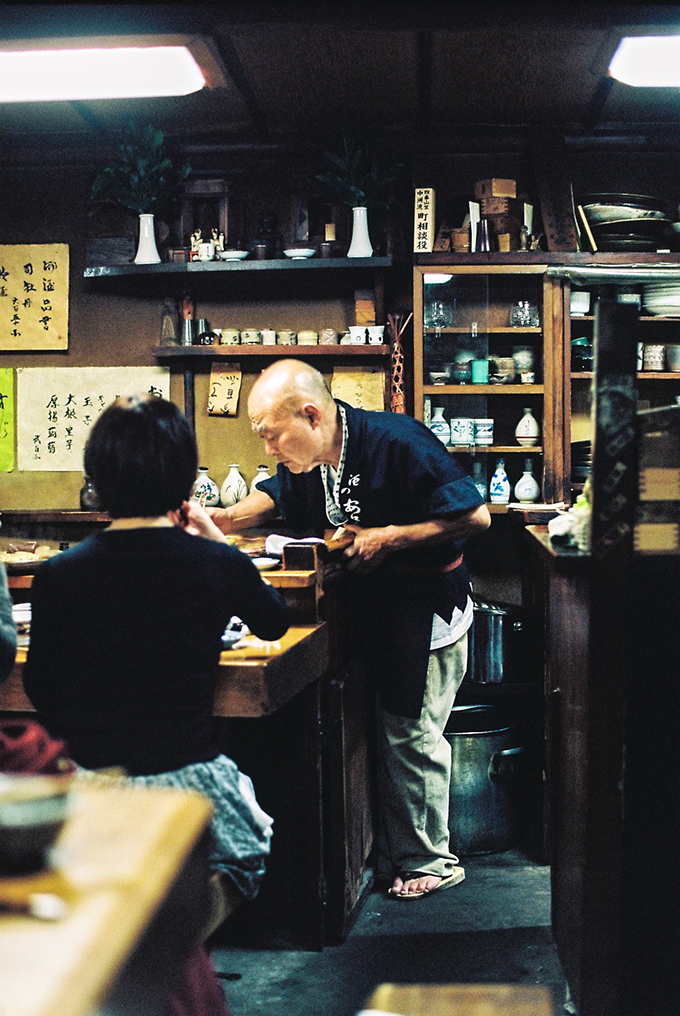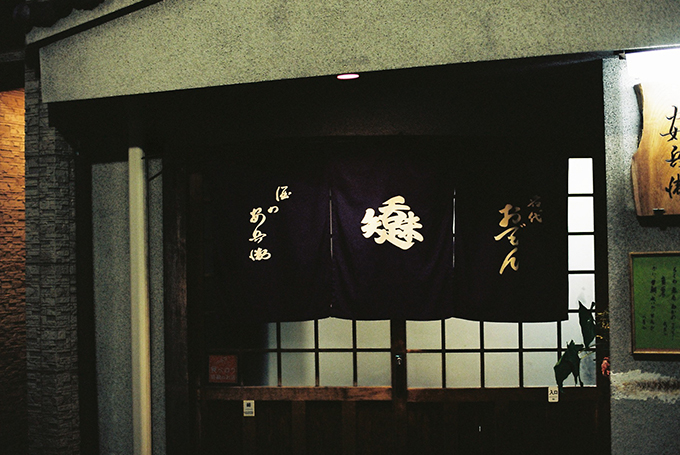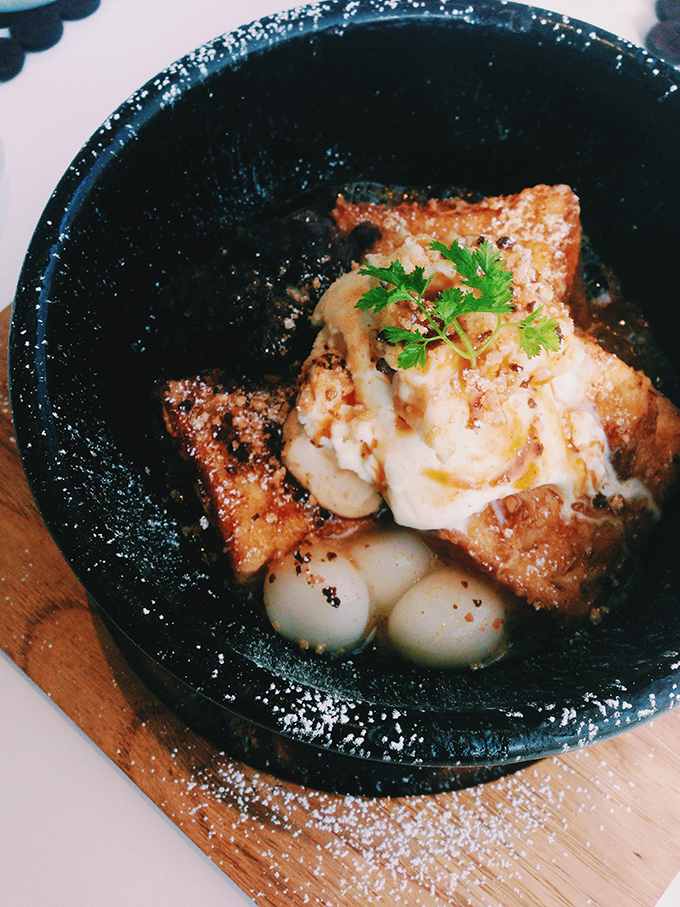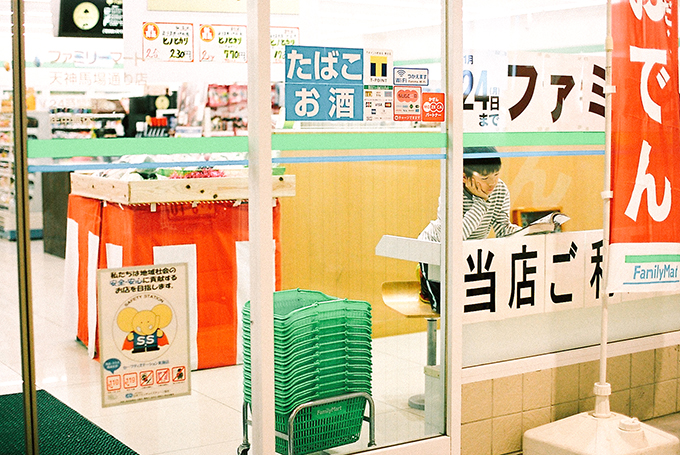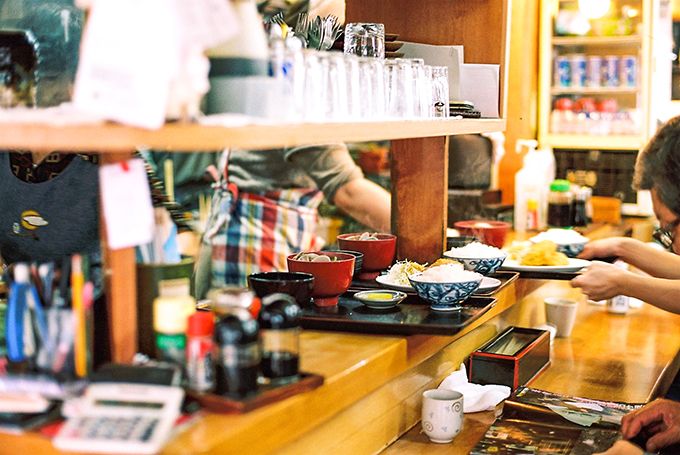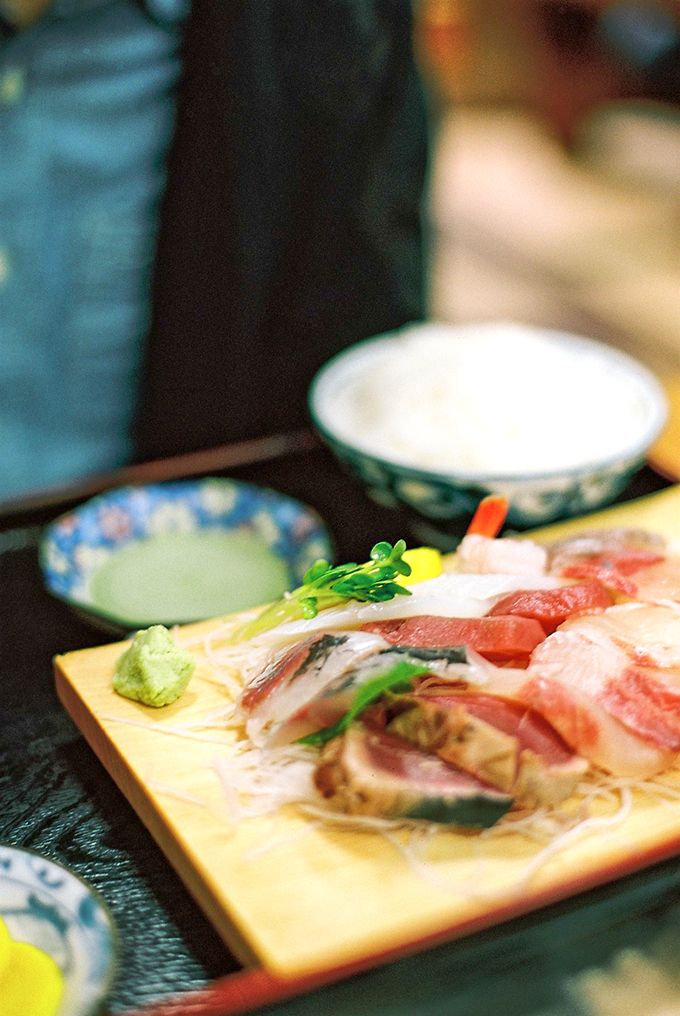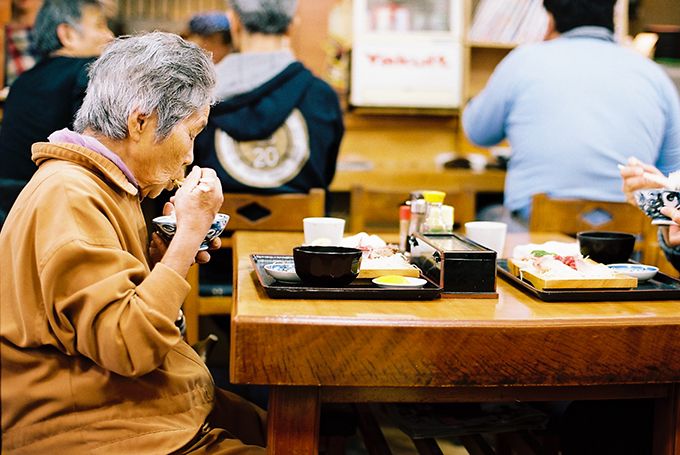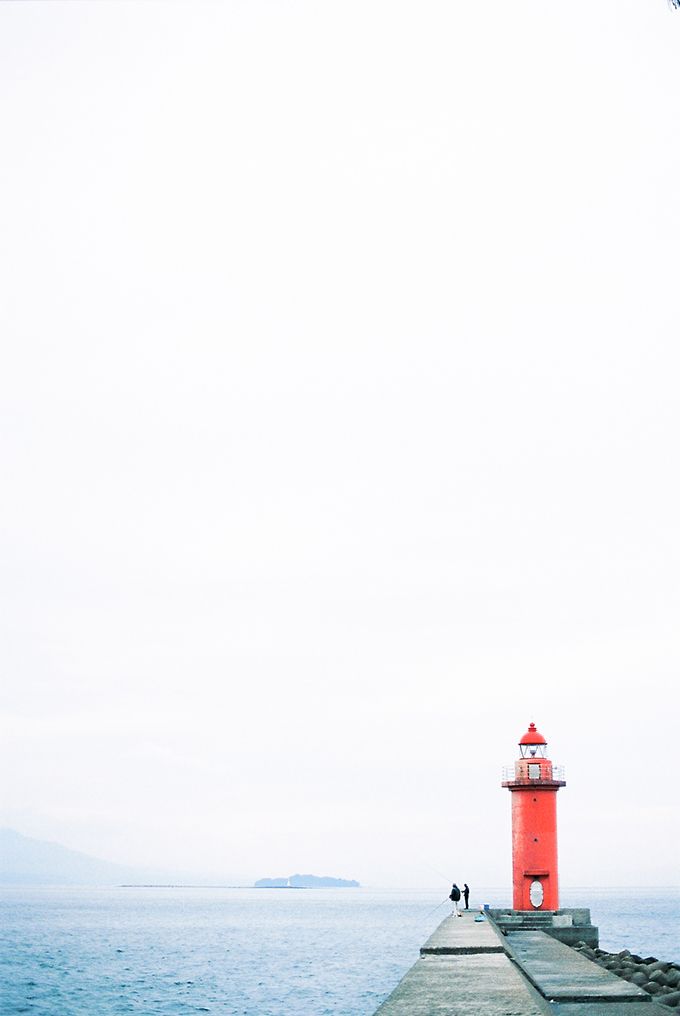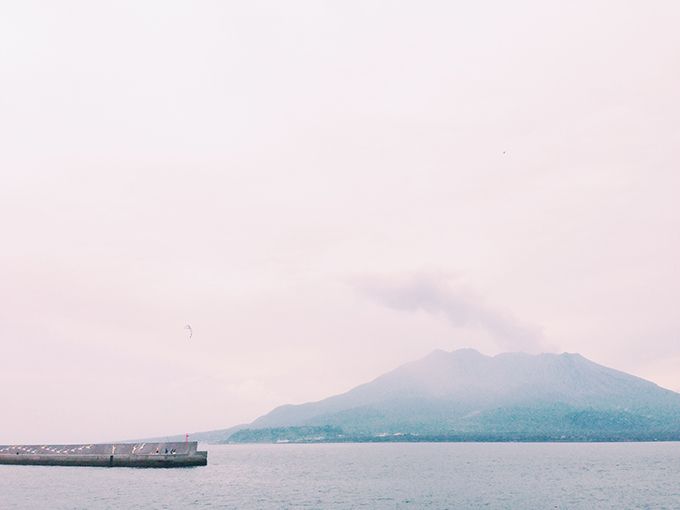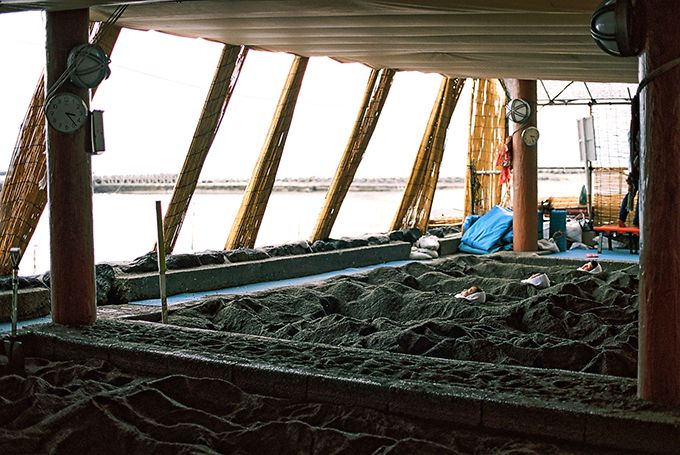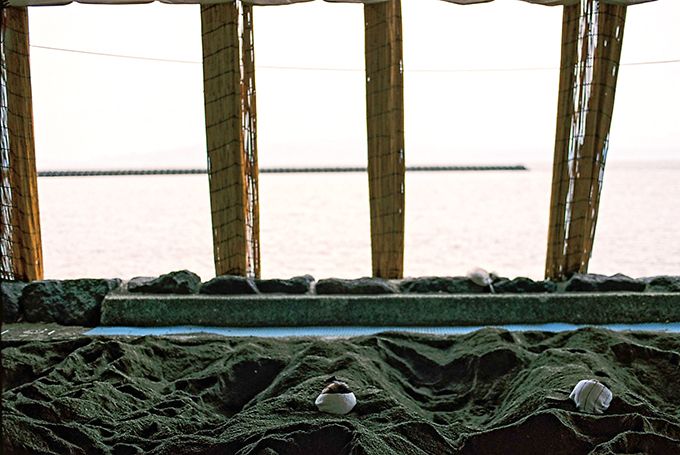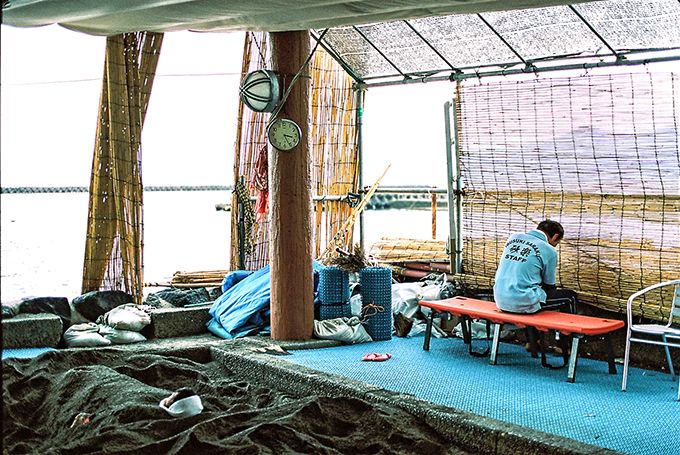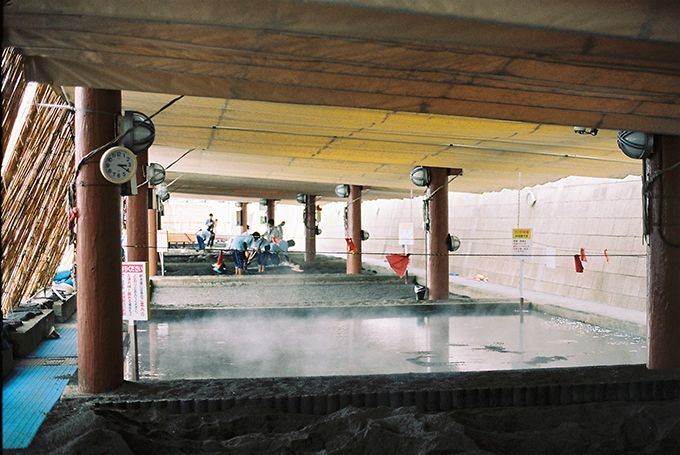It's basically a cautionary tale, set in a not-so-difficult-to-foresee future, where the world is influenced hugely but The Circle, a massive social media company which basically controls the internet and all platforms of social media (eerily similar to our Google/Facebook...just a step further), and is the most coveted place to work at with its own 'campus', housing state of the art facilities in beautifully designed buildings, boasting incredible employee benefits such as plush on campus lodgings, an endless variety of afterhours social activities/free lunchtime classes... the works(sound a lot like some companies we know about too?). The story follows the protagonist, Mae, who begins her job at The Circle and, as she ascends through the ranks, introduces us deeper to the increasingly tyrannical leanings of the company, whose founders' mission is to move society towards total transparency and for knowledge to be made freely available to everyone.
What was so unnerving for me, was how there were many forms of technology in the story that are freakily enough, entirely within the realms of possibility. For example, the company produced 'SeeChange', making use of small high resolution cameras that could be fixed anywhere by users to allow for a constant video stream on thousands of cameras. The benefit of course would be knowledge of the goings on almost everywhere in the world. But the obvious penalty? An increasingly complete lack of privacy especially to those who did not chose to be a part of it.
Plus, there was a huge bit on the obsession we have with social media; the need to have/curate an online presence along with the need for constant connectivity. In the Circle, employees are ranked socially based on their online interactions (e.g. how many discussion groups they are in, how many messages they reply to, events they RSVP to, comments they leave on other people's feed) and Mae works her way up the rank through frenziedly commenting, 'zing'-ing, joining communities, befriending others... Something which I thought was so eerily familiar.
I do remember a point in time in my life a couple of years back when I had just starting with blogging and was keen to get to know other bloggers and hoped that other bloggers would come by my site so that there would be a connection and exchange of comments and ideas. I can't remember how much time I spent commenting on page after page of blogs, sometimes even with really paltry comments such as 'wow, looking good!' or 'that's awesome!', which was something I could easily do even without having properly read through the person's blog post. In fact, it seemed to be the case with a lot of fashion blogs that I used to follow quite enthusiastically. It's so much easier to just leave a comment on text-sparse blog posts. A series of photos? Easy. Scroll through quickly, think of a positive comment to leave and type it in, hoping that the blogger would either reply or maybe even come back to your own blog, thereby increasing blog traffic. What about focusing on reading a post with more explanations/texts? Not so much, because it took more time. Only if it really caught my attention. Come to think of it, there wasn't very much meaning in that sort of digital footprint. It's only now when I think back that I see how superficial it all seems. And yet, it's probably what quite a number of people do, because at the end of the day, who doesn't feel emboldened by comments/likes/validation of any form, especially online?
Reading The Circle made me think about our relationship with technology (of course our near obsession with the use of social media being the most obvious phenomenon) but in a broader sense of the term. Ever go into a restaurant, look around while waiting for food and see a couple at a nearby table - guy and girl each looking at their phones in silence? Or maybe a family - parents and teenagers, all looking at their phones separately in silence? I've seen so many of them it's unsettling. The key components are - separate and in silence. What's the point of going out to a meal together if you're only going to be eating with your phone? Every time I go out nowadays I try my best to make it a point to put my phone away (taking it out only for the quick selected food shot, that one I will admit to doing sometimes ;p) so that I can give the other person my full attention. I would hate to be the one looked at from afar by someone thinking, man, that's a sad looking couple right there. Because that's the first thought that comes to mind. If a couple/friends/family members are unable to tear their eyes away from their phones for the short duration of a simple meal in order to properly look at each other and appreciate each other's company, it's a real shame.
This brings to mind an article I just read a few days ago which is also a reflection of our enmeshed our virtual lives have become with our everyday lives. It was an interesting title and I almost thought they were joking - "Why Fashion Bloggers' Lives Aren't As Charmed As You Think". Like many outsiders, immediately I thought, really? Aren't their lives pretty exciting and awesome? That's the idea I get from looking at all those glossy, picture perfect Instagram feeds. But wow, it's definitely a case of looks being deceiving. Turns out that famous bloggers with huge followings really need to be constantly present, coming up with new material that keep followers interested. The case in point was of Nicole Warne ( @garypeppergirl) who took a short break, causing loads of followers to start frantically asking questions such as what happened/where are you/are you ok!! Kinda stressful for someone who might just have wanted to unplug for a couple of days. There was an incredibly similar bit in The Circle when Mae had to 'go transparent' and wear a camera round her neck almost 24/7 so that people could see what she was doing at any one time of the day. And it was programmed to allow her about 3 minutes in the toilet, the camera facing the back of the door, and if she wasn't back 'on air' after 3 minutes, her viewers would start asking questions like, are you ok? Freaky how life imitates art. Or is it the other way round.
But that's the thing about success isn't it? It's such a hard balance to strike at times. On the one hand, you want to have followers and viewers but on the other hand, sometimes it might be nicer when things are at a manageable size when you can actually interact in a meaningful manner with them. At least that's what I would think. I always have the cafe analogy in my mind for scenarios like these. In the ideal world, if I were to run a cafe, it would be perfect if there were enough customers to allow me to make a decent profit, and yet at the same time, not too many such that it would become overly crowded. If it were packed with too many people, it would just ruin the quiet ambience that had been the plus point at the beginning attracting more customers. The success paradox, or whatever it's called. I'm sure it's something well theorized in economics.
That said, what is it about us nowadays and our need to be heard through multiple online platforms? With social media metrics such as 'likes', 'followers', 'shares' that are often used as the judge for success in the blogosphere, is it fair to dismiss people who don't appear to have as much of a widespread impact? I always used to think that well yes, the more people who are known to have read/viewed whatever you're sharing, the better because then obviously your sphere of influence is wider. But then does that mean, we ought to be sharing everything we do in life?
There was a particularly poignant bit in The Circle when Mae was on the receiving end of some approbation because she had not shared her experience of kayaking with friends/users online; not through their Facebook/Twitter/Blog equivalent...nada. And why was it a bad thing? Because their motto was that 'sharing is caring' and 'if you care about your fellow human beings, you share what you know with them'. I think that's true for most people who want to share information online. On the one hand, they usually genuinely hope to share their thoughts, experiences, knowledge and the likes with others and on the other hand, are hoping for recognition and validation of themselves. It's a two way street. Of course, in the book, they took it a step further and went on to talk about how if we don't share, it's akin to depriving another person of information or their right to know. Simply twisting that around and adding a moral dimension to that turned it from something voluntary, borne out of love, to something obligatory, borne out of fear.
So tell me, truthfully, have you ever had these thoughts run through your mind:
Is my experience made more important because I shared it?
If I didn't share it, was it less meaningful for me because I could have made it 'bigger'?
If I didn't share it on social media...did I even do it?
This last one invokes such a feeling of existential crisis does it not? It reminds me of a thought experiment from somewhere... If you take an apple and put it inside a drawer and close the drawer, is it still there? If nobody sees it, is it there? Of course you would say, yes because when I open the drawer it's there. But is there a chance that when the drawer is closed, it might not be there?
In this day and age, it's interesting that if I did something such as go to eat a great meal over the weekend but didn't share it on Instagram... it would appear as if I didn't eat anywhere nice over the weekend because we almost expect everything in life to be transposed automatically to social media.
How I've come to grasp with the entire issue, is that at the end of the day, we are the ones who imbue our experiences with the meaning we choose. So I experience something. And whether I choose to share it with others or not should not in any way add to or diminish the meaning of that experience unless I so choose to let it do so. If I lived my life thinking, man I need to share a photo of this great meal of mine because more people need to know about it!, I could very well be adding an additional later of stress onto that whole experience from feeling the sheer obligation to share. (That said, I'm a huge proponent of the benefits of social media through the sharing of knowledge. For me, the best bit about Instagram? Finding out new food places. Very banal of course, but it's the truth! ;p)
And on a related note, if I have 15 likes versus someone who has 200 likes on a blog post/Facebook post/photo, does that mean that what I put out into the world was less worthy or meaningful? Sometimes we hinge our self esteem/self worth on some things as superficial as an icon or number on a webpage or app. Thinking about it rationally just shows us how it doesn't quite make sense. Some things that are inherently intangible such as influence or meaning can't be measured so simply with a number. If one post only garnered one like but changed the life for the 1 person who read it for the better... vs 2000 likes by people who only cursorily glanced at it without further thought? Can we extrapolate one person's experience to be the same for everyone else? So really, there isn't any good way to compare nor should there be any need to.
Of course, the tendency to compare is there. The desire to be different and special. And it was put in such an elegant passage in The Circle:
"... Most people would trade everything they know, everyone they know - they'd trade it all to know they've been seen, and acknowledged, that they might even be remembered. We all know we die. We all know that the world is too big for us to be significant. So all we have is the hope of being seen, or heard, even for a moment."
I thought it made such breathtakingly, crystal-clear sense.
So I've come to end of my long ramble. Long story short, read The Circle. It's at once chilling and cautionary, while also plausible and prescient. And the most ironic bit? The minute I finished the book I couldn't wait to share it with everyone on Facebook. But here I am blogging about it first. ;)
---
Ahh sobb Sunday tomorrow. The weekend flies by so darn quickly.
Have a great rest of the weekend.
This last one invokes such a feeling of existential crisis does it not? It reminds me of a thought experiment from somewhere... If you take an apple and put it inside a drawer and close the drawer, is it still there? If nobody sees it, is it there? Of course you would say, yes because when I open the drawer it's there. But is there a chance that when the drawer is closed, it might not be there?
In this day and age, it's interesting that if I did something such as go to eat a great meal over the weekend but didn't share it on Instagram... it would appear as if I didn't eat anywhere nice over the weekend because we almost expect everything in life to be transposed automatically to social media.
How I've come to grasp with the entire issue, is that at the end of the day, we are the ones who imbue our experiences with the meaning we choose. So I experience something. And whether I choose to share it with others or not should not in any way add to or diminish the meaning of that experience unless I so choose to let it do so. If I lived my life thinking, man I need to share a photo of this great meal of mine because more people need to know about it!, I could very well be adding an additional later of stress onto that whole experience from feeling the sheer obligation to share. (That said, I'm a huge proponent of the benefits of social media through the sharing of knowledge. For me, the best bit about Instagram? Finding out new food places. Very banal of course, but it's the truth! ;p)
And on a related note, if I have 15 likes versus someone who has 200 likes on a blog post/Facebook post/photo, does that mean that what I put out into the world was less worthy or meaningful? Sometimes we hinge our self esteem/self worth on some things as superficial as an icon or number on a webpage or app. Thinking about it rationally just shows us how it doesn't quite make sense. Some things that are inherently intangible such as influence or meaning can't be measured so simply with a number. If one post only garnered one like but changed the life for the 1 person who read it for the better... vs 2000 likes by people who only cursorily glanced at it without further thought? Can we extrapolate one person's experience to be the same for everyone else? So really, there isn't any good way to compare nor should there be any need to.
Of course, the tendency to compare is there. The desire to be different and special. And it was put in such an elegant passage in The Circle:
"... Most people would trade everything they know, everyone they know - they'd trade it all to know they've been seen, and acknowledged, that they might even be remembered. We all know we die. We all know that the world is too big for us to be significant. So all we have is the hope of being seen, or heard, even for a moment."
I thought it made such breathtakingly, crystal-clear sense.
So I've come to end of my long ramble. Long story short, read The Circle. It's at once chilling and cautionary, while also plausible and prescient. And the most ironic bit? The minute I finished the book I couldn't wait to share it with everyone on Facebook. But here I am blogging about it first. ;)
---
Ahh sobb Sunday tomorrow. The weekend flies by so darn quickly.
Have a great rest of the weekend.
xoxooxo


